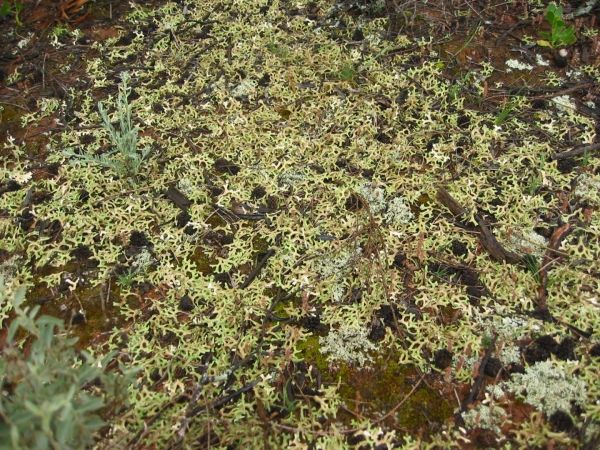A global meta-analysis led by UNSW scientists shows tiny organisms that cover desert soils – so-called biocrusts – are critically important for supporting the world’s shrinking water supplies.
Biocrusts are a rich assortment of mosses, lichens, cyanobacteria, and microscopic organisms such as bacteria and fungi that live on the surface of dryland soils. Drylands, collectively, are the world’s largest biome.
“Biocrusts are critically important because they fix large amounts of nitrogen and carbon, stabilise surface soils, and provide a home for soil organisms,” said lead author Professor David Eldridge from UNSW Science.
“But we still have a poor understanding of just how biocrusts influence hydrological cycles in global drylands.
Read more at University of New South Wales
Image: A diverse biocrust community in western New South Wales. (Credit: David Eldridge)


